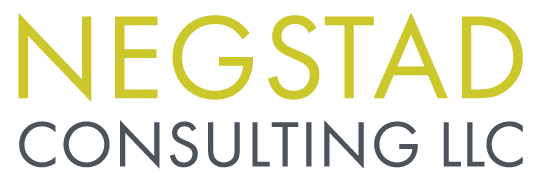5 Minutes on One-on-One Conversations
One-on-one conversations between a supervisor and supervisee are an important part of building a strong, working relationship based in trust and communication.
They are your best opportunity for guidance, support, providing/receiving feedback, collaborating, listening, problem solving and going deeper.
Here’s the thing.
Do supervisors and supervisees agree on what a one-on-one conversation is for and why they are important?
Do you know how to best prepare for a good one-on-one conversation?
Do you know how to make them meaningful?
I cover all of that and more in this series about one-on-one conversations.
I know the value of one-on-one conversations. And I know that when they go wrong, they lose a lot of value.
You know that, too.
I sent out a two-question survey about one-on-one’s to my email list.
Here’s some of what I heard:
What has been most helpful or meaningful about 1:1’s you’ve participated in?
The time to learn about each other and build relationships
Moving towards common goals
Listening and sharing without judgment
Supervisees feel heard and validated
An opportunity to check-in and offer support
Building trust
Collaborative decision-making
Finding patterns to provide better support
What has been the biggest failure of 1:1’s you’ve participated in?
When it’s just updates it feels like a waste of time
Being in fix-it mode as a supervisor
Focusing only on tasks rather than bigger picture planning
When feedback isn’t taken well
Not doing them at all or not frequently enough
Supervisor-led with little opportunity for employee input
No time to pause and plan before or after the conversation
Let’s get better at one-on-one’s together.
I want you to be able to implement one-on-one’s that put your and your employee on the same page with shared goals.
You can lead one-on-one conversations that involve reflection and sharing; that are supervisor and supervisee driven; that can cover tasks and big picture thinking; and that support remote and hybrid work situations.
Keep reading about what one-on-one conversations are and why they are so important HERE.
In the meantime, here is one of my favorite resources with One-On-One Questions

